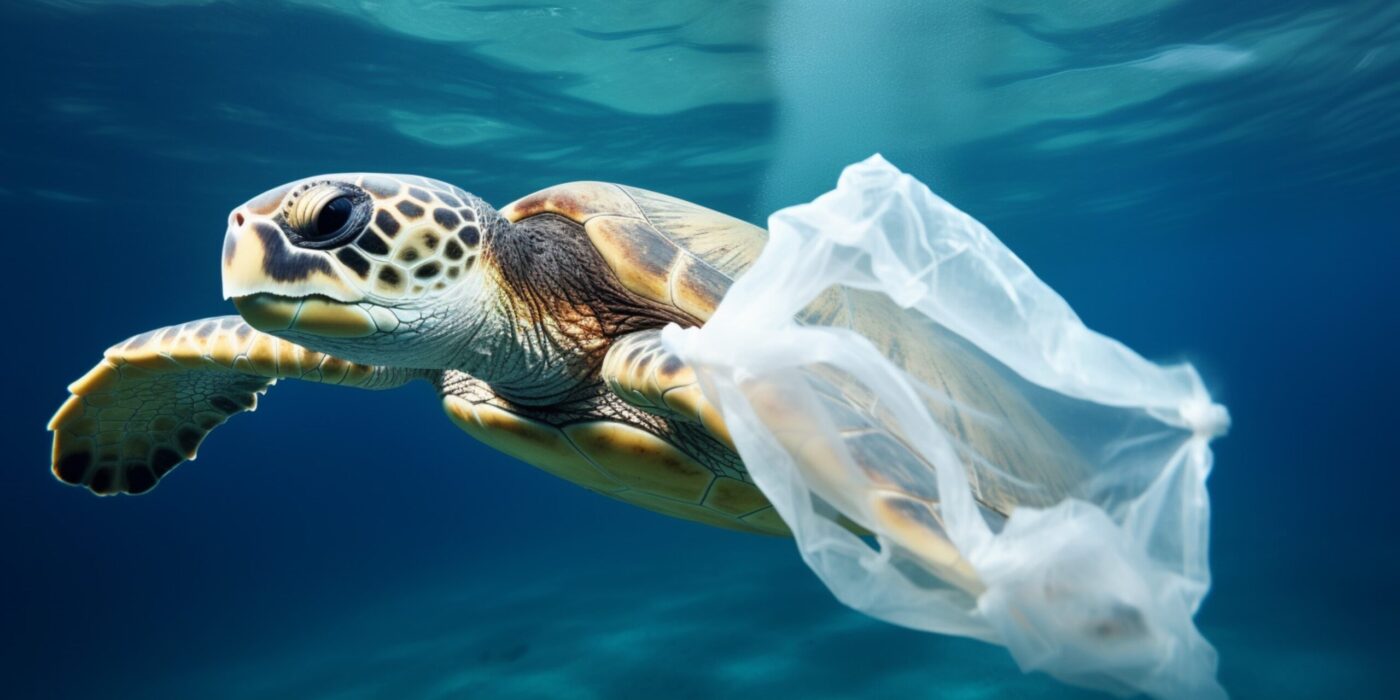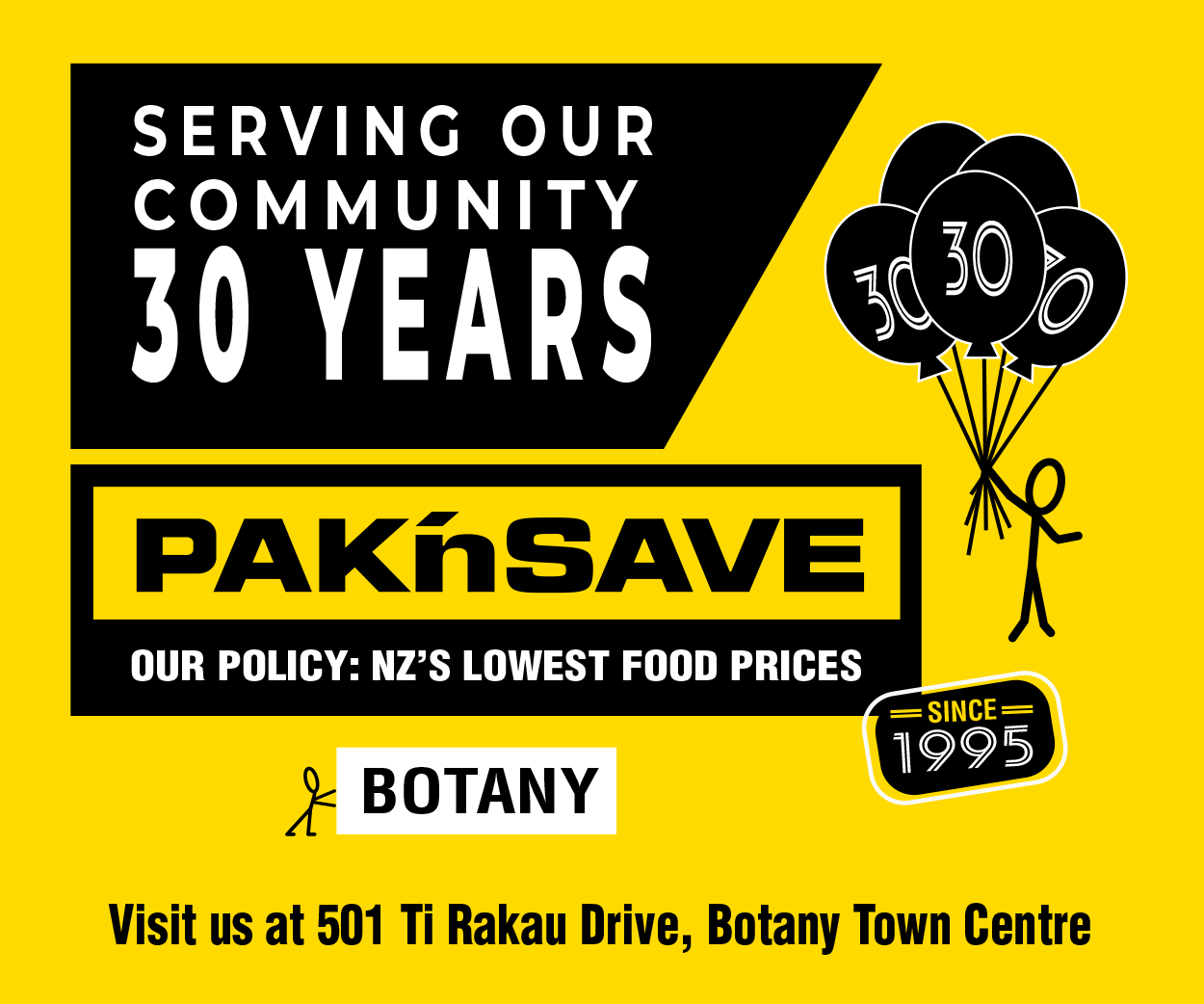
- By Times’ Junior Journalist Jianna Kapoor
Did you know plastics can take from 20 to 500 years to decompose?
About two million plastic bags are used per minute worldwide.
Just to give you some context, there are more microplastics in the Earth’s ocean than there are stars in our galaxy.
- My inspiration: It all started in kindergarten where our teachers gave us a job to do.
We had to sell these reusable bags. My dad even made a YouTube channel that had a video of me showing my DIY reusable bag that I made sneakily out of my dad’s old t-shirt!
Another video I made was a story about the sea turtle who thought the plastic bag was a jellyfish.
If you’d like to see a four-year-old talking about reuse and recycle, scan the QR code below.
I also got inspired by a mural at Uxbridge Arts and Culture that’s filled with many thoughtful ideas and drawings to protect our world.
All these thoughts about sustainability and being plastic-free inspired me to write this article.
- Why is plastic harmful: We can all agree plastic can sometimes be useful, but it sticks around for a very long time and almost never decomposes!
Every year millions and millions of pieces of plastic end up in our oceans, rivers and lakes.
Many pieces of microplastic, which are tiny pieces of plastic, end up in our packeted food and sometimes even in our tap water.
This is very dangerous to our health in a variety of ways! When the plastic ends up in our seas and oceans most of the animals think it’s food and eat it.
Plastic also causes plastic pollution and contributes to global warming.
When we burn fossil fuels or throw plastic in the bin, we create carbon emissions into the air which is the carbon dioxide (CO2) normally released into the atmosphere when something is burned.
- Keep it sustainable: You should try replacing plastic products with ones made of bamboo, wood, stainless steel, glass, platinum silicone, beeswax-coated cloth, sustainable clothes made from organic cotton, wool or hemp which don’t shed plastic when washed, pottery, cardboard and paper.
- Here are some tips on how to be sustainable:
Reduce consumption (think before you buy), reuse and recycle (work smarter not harder), be mindful about water and energy (don’t keep the tap on for too long), make good food choices (reduce food waste and avoid eating too much meat), sustainable shopping (try to get the organic materials), and transportation (bike, walk or use public transportation).
- Conclusion: I read a quote online which said, “We do not inherit the Earth from our ancestors; we borrow it from our children”.
I didn’t fully understand this, so I curiously asked my dad.
He told me it’s like borrowing something from a friend – you have to return it back to them in a better or the same condition.
Earth is like that. It isn’t ours, we’re just looking after it for the future generation.
That means every time we reuse something, every time we choose a different sustainable material instead of plastic, every time we use a different transportation that doesn’t add on to global warming, we’re keeping the Earth clean for the generation ahead to come.
- Jianna Kapoor is in year 7 at Somerville Intermediate School.









